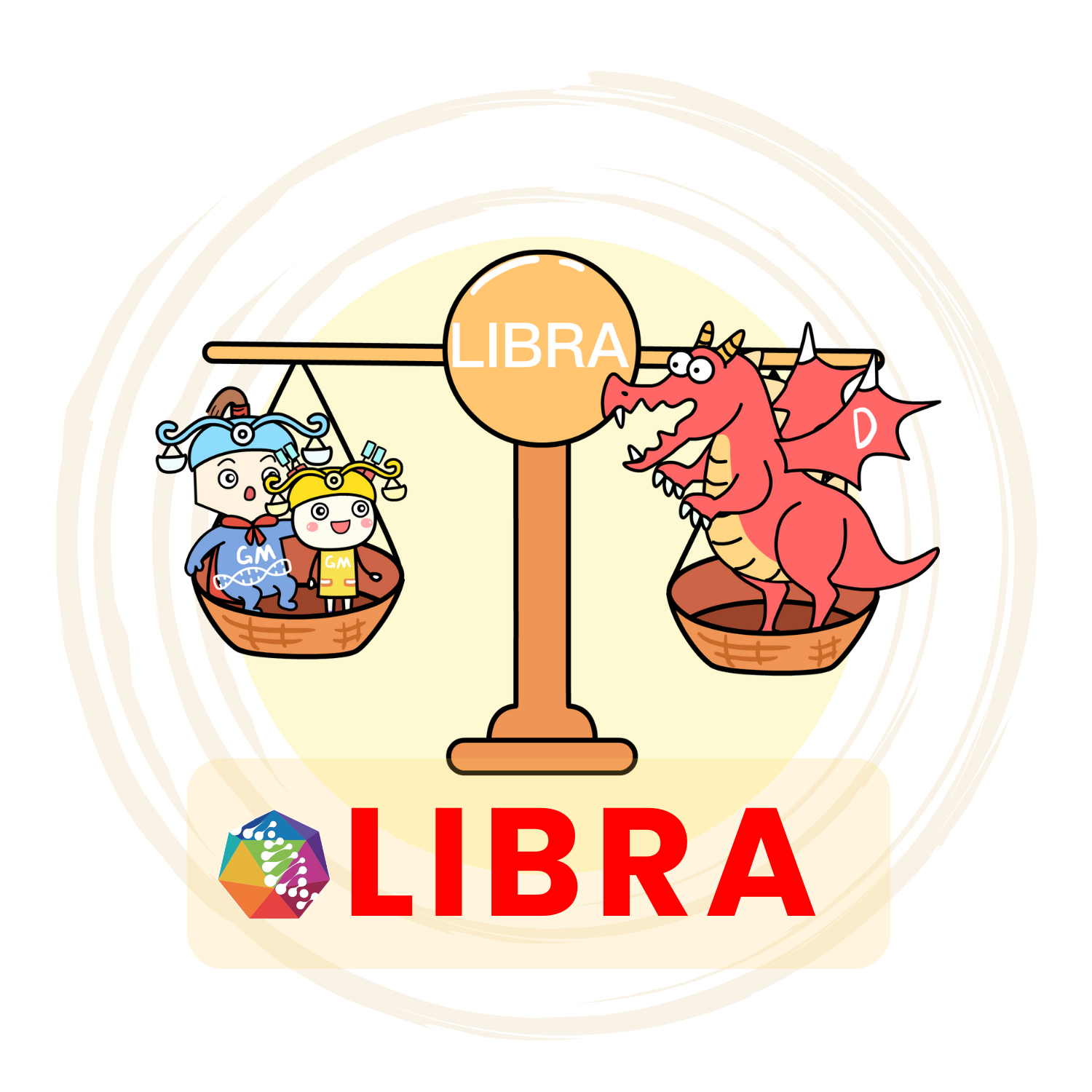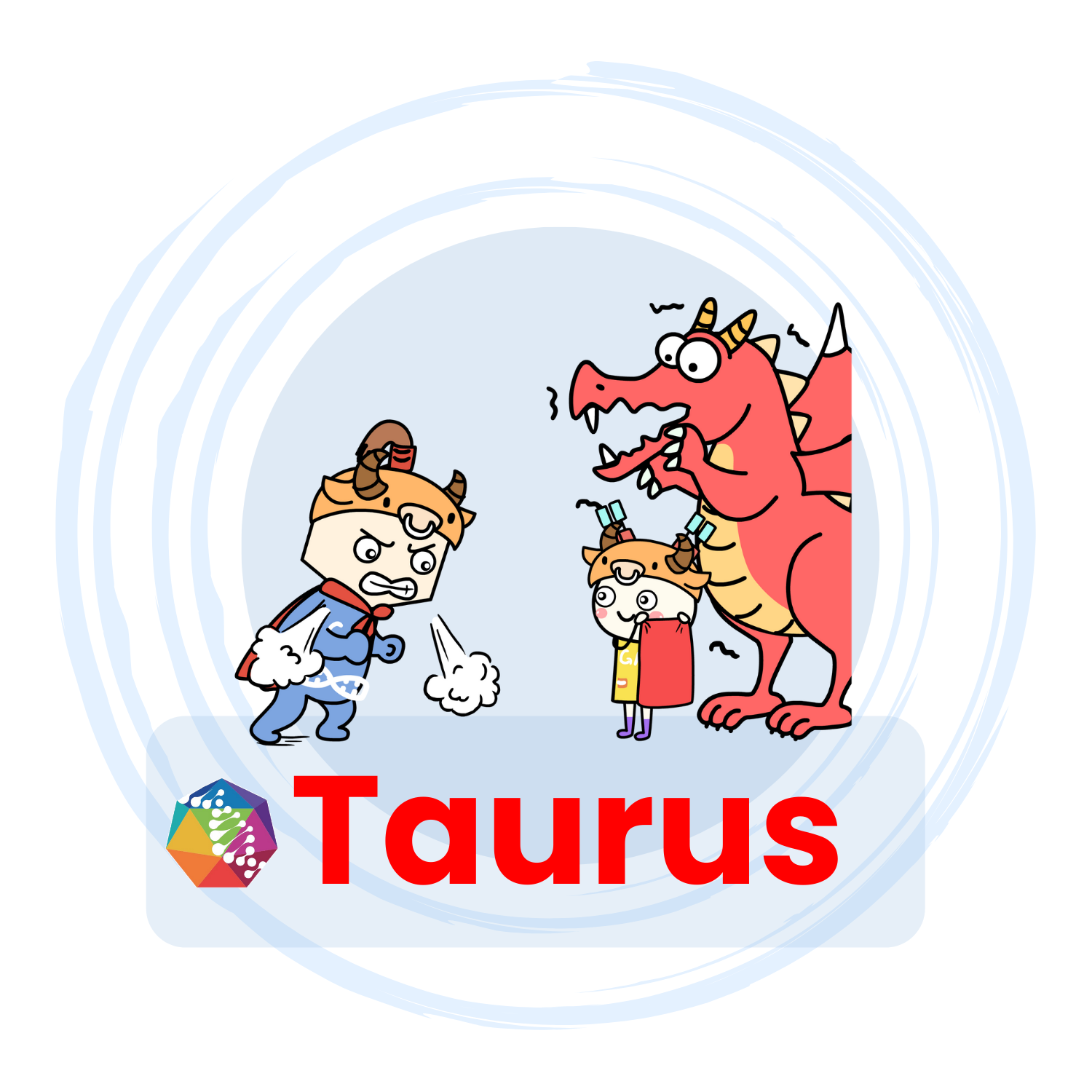Recombinant multi-species DBH protein for cell curture, in vitro study, in vivo study, benchmark, drug discovery & MOA research and positive control for the diagnosis
Genemedi produces recombinant Human, Cynomolgus/ Rhesus macaque, Rat, Mouse, Feline, Canine, Bovine, Equine DBH protein for cell curture, in vitro study, in vivo study, benchmark, drug discovery & MOA research and positive control for the diagnosis.
The protein encoded by this gene is an oxidoreductase belonging to the copper type II, ascorbate-dependent monooxygenase family. The encoded protein, expressed in neuroscretory vesicles and chromaffin granules of the adrenal medulla, catalyzes the conversion of dopamine to norepinephrine, which functions as both a hormone and as the main neurotransmitter of the sympathetic nervous system. The enzyme encoded by this gene exists exists in both soluble and membrane-bound forms, depending on the absence or presence, respectively, of a signal peptide. Mutations in this gene cause dopamine beta-hydroxylate deficiency in human patients, characterized by deficits in autonomic and cardiovascular function, including hypotension and ptosis. Polymorphisms in this gene may play a role in a variety of psychiatric disorders. [provided by RefSeq, Aug 2017]
The Alternative Names of target: DBH,Dopamine beta-hydroxylase,Dopamine beta-monooxygenase,DBM,ORTHYP1
 Go
to DBH products collection
>>
Go
to DBH products collection
>>
(antibodies,
antigen, VLP, mRNA, ORF viral vector, etc)
Product information
| Catalog No. | Product Name | Species Reactivity |
|---|---|---|
| GM-Tg-hg-T74937-Ab-1/ GM-Tg-hg-T74937-Ab-2 | Human DBH protein | Human |
| GM-Tg-rg-T74937-Ab-1/ GM-Tg-rg-T74937-Ab-2 | Rat DBH protein | Rat |
| GM-Tg-mg-T74937-Ab-1/ GM-Tg-mg-T74937-Ab-2 | Mouse DBH protein | Mouse |
| GM-Tg-cynog-T74937-Ab-1/ GM-Tg-cynog-T74937-Ab-2 | Cynomolgus/Rhesus macaque DBH monoclonal antibody | Cynomolgus/ Rhesus macaque |
| GM-Tg-felg-T74937-Ab-1/ GM-Tg-felg-T74937-Ab-2 | Feline DBH protein | Feline |
| GM-Tg-cang-T74937-Ab-1/ GM-Tg-cang-T74937-Ab-2 | Canine DBH protein | Canine |
| GM-Tg-bovg-T74937-Ab-1/ GM-Tg-bovg-T74937-Ab-2 | Bovine DBH protein | Bovine |
| GM-Tg-equg-T74937-Ab-1/ GM-Tg-equg-T74937-Ab-2 | Equine DBH protein | Equine |
Size: 1mg | 10mg | 100mg
Product Description
| Catalog No. |
GM-Tg-hg-T74937-Ab-1/ GM-Tg-hg-T74937-Ab-2;
GM-Tg-rg-T74937-Ab-1/ GM-Tg-rg-T74937-Ab-2;
GM-Tg-mg-T74937-Ab-1/ GM-Tg-mg-T74937-Ab-2; GM-Tg-cynog-T74937-Ab-1/ GM-Tg-cynog-T74937-Ab-2; GM-Tg-felg-T74937-Ab-1/ GM-Tg-felg-T74937-Ab-2; GM-Tg-cang-T74937-Ab-1/ GM-Tg-cang-T74937-Ab-2; GM-Tg-bovg-T74937-Ab-1/ GM-Tg-bovg-T74937-Ab-2; GM-Tg-equg-T74937-Ab-1/ GM-Tg-equg-T74937-Ab-2 |
| Products Name | DBH protein |
| Species | Human, Cynomolgus/ Rhesus macaque, rat, mouse, Feline, Canine, Bovine, Equine |
| Target Name | DBH |
| Protein Sub-location | Secreted Protein/Potential Cytokines |
| Isotypes | Recombinant protein |
| Expression platform | Mammalian cell |
| Bioactivity validation | Affintiy&bioactivity validated by ELISA, cell culture validated. |
| Tag | His |
| Products description | Recombinant Human, Cynomolgus/ Rhesus macaque, Rat, Mouse, Feline, Canine, Bovine, Equine DBH protein was expressed in mammalian cell expression system and is expressed with 6 HIS tag at the C-terminus for cell culture, ELISA or other affinity binding assay or functional assay development, animal model development, PK/PD model development (Pharmacokinetics & Pharmacodynamic). |
| Purity | Purity: ≥95% (SDS-PAGE) |
| Application | In vitro study, in vivo study, benchmark, positive control for the diagnosis. Biological drug disovery including cell culture, assay development, animal model development, PK/PD model development (Pharmacokinetics & Pharmacodynamic) and mechanism of action (MOA) research. |
| Formulation & Reconstitution |
Lyophilized from GM's Protein Stability Buffer2
(PSB2,Confidential Ingredients) or PBS
(pH7.4); For PSB2, reconstituted with 0.9% sodium chloride; For PBS, reconstituted with ddH2O. |
| Storage | Store at -20℃ to -80℃ under sterile conditions. Avoid repeated freeze-thaw cycles. |
Reference
About Gmab


GMab, developed by GeneMedi, constitutes an
advanced library of recombinant
monoclonal antibodies, each meticulously
designed to target specific molecular
entities. Leveraging the sophisticated
capabilities of GM’s Taurus™ and LIBRA™
platforms, GMab synthesizes antibodies
characterized by high binding affinity,
exceptional physicochemical stability, and
optimal developability profiles.
Through
expression in mammalian cell lines, GMab has
been established as a paradigmatic
reference antibody. It holds significance in
myriad domains of biological drug
discovery, encompassing cellular cultivation,
innovative assay methodologies,
strategic animal model systematization, in-depth
pharmacokinetic & pharmacodynamic
(PK/PD) modeling, and intricate mechanism of
action (MOA) investigations.


